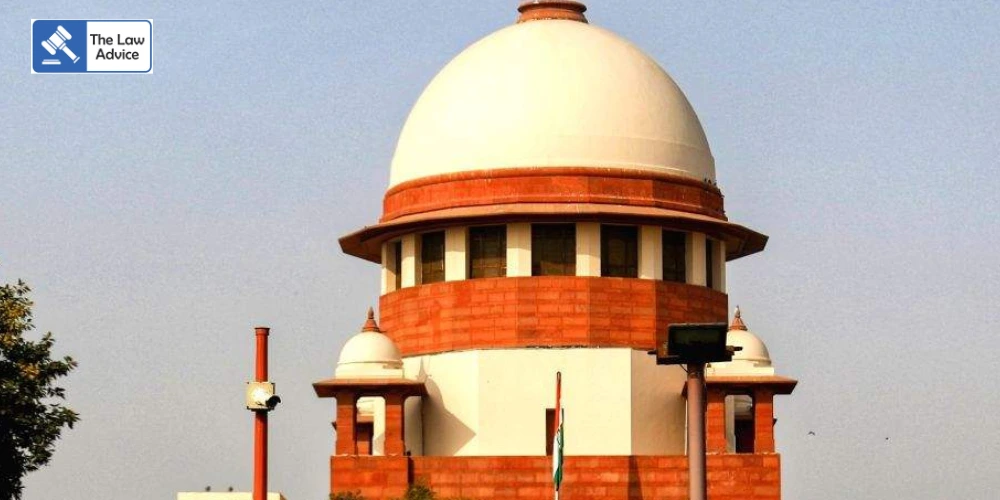
In a significant judgment, the Supreme Court on Thursday (October 9) held that the Juvenile Justice Act, 2000 applies retrospectively, extending its protection even to offences committed before its enforcement. Consequently, the Court ordered the release of a murder convict who was a juvenile (12 years old) at the time of the offence committed in 1981.
A Bench of Justices Dipankar Datta and A.G. Masih rejected the State’s contention that the 2000 Act could not apply to offences committed before its commencement. The Court relied on the Constitution Bench ruling in Pratap Singh v. State of Jharkhand (2005) 3 SCC 551 and Dharambir v. State (NCT of Delhi) (2010) 5 SCC 344, reiterating that:
“All persons who were below 18 years on the date of commission of the offence even prior to April 1, 2001 would be treated as juveniles, even if the claim is raised after they have attained majority or after conviction.”
The petitioner had approached the Supreme Court under Article 32, arguing that his detention had exceeded the three-year limit under Section 15(1)(g) of the JJ Act, 2000 — thereby violating his fundamental right to life and liberty (Article 21).
Originally convicted in 1984 under the Indian Children Act, 1960, the petitioner was acquitted by the Allahabad High Court in 2000 but later reconvicted when the Supreme Court restored the conviction in 2009. He was arrested in 2022 and had already spent more than three years in custody by the time his plea was heard.
Acknowledging that his juvenility was undisputed, the Court ordered his immediate release based on the digital copy of the judgment, observing:
“Since the petitioner was a child at the time of the offence and has already been behind bars for more than three years, his liberty has been curtailed not in accordance with law. Breach of Article 21 is writ large and, hence, the benefit of release must be extended.”
The Bench emphasized that no provision in the Indian Children Act, 1960 restricted the Court’s authority to extend relief under the JJ Act, 2000. It further referred to Section 7-A of the JJ Act, 2000 and its successor proviso to Section 9(2) of the JJ Act, 2015, which permit raising a claim of juvenility at any stage, even after final adjudication.
Accordingly, the appeal was allowed, and the petitioner was directed to be released forthwith.
Case Title: Hansraj v. State of U.P.
Website designed, developed and maintained by webexy